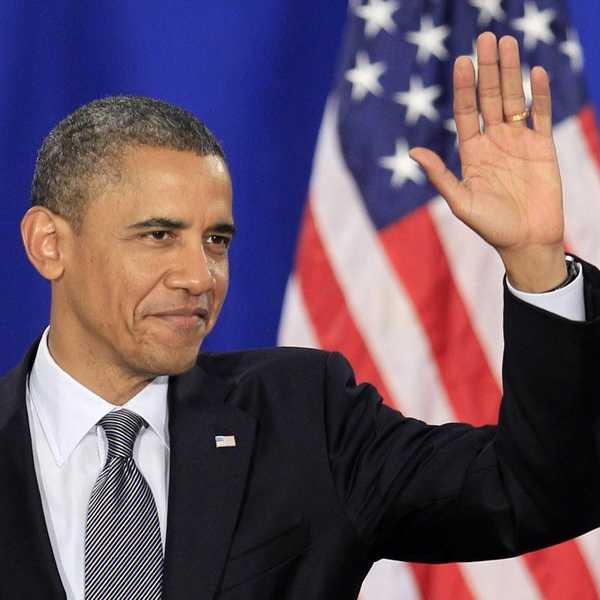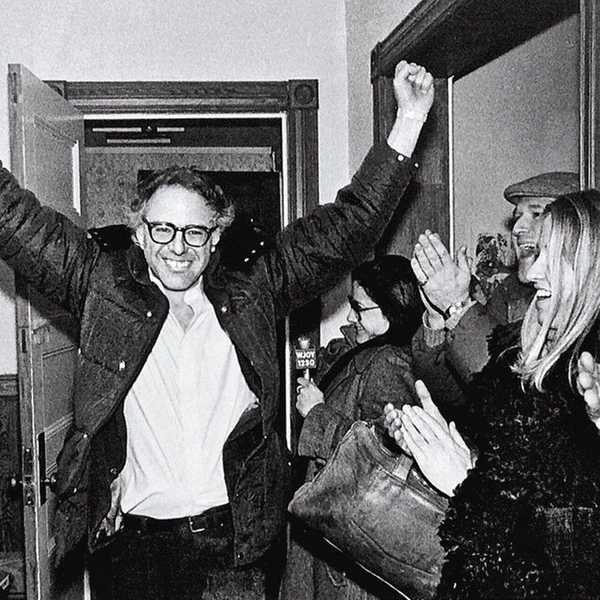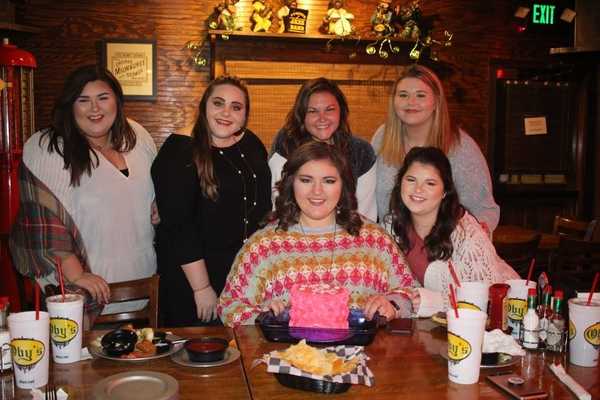"They ask me what I do and who I do it for." – 2 Chainz
On February 8, I wrote an article titled, “The Futility of the DREAMer Endorsement.”
I wrote the article to put into context the election season, where campaigns and candidates are on the hunt, in pursuit of funding to fuel the daily work of campaigning and for endorsements that promise authenticity and attract mass support. Highly visible public advocates whose stories are well-known to coveted bases are wooed by candidates and, in turn, use their endorsement to affect the policy platforms of the candidates who gain their stamp of approval.
In the article, I argued that such endorsements of presidential candidates by high-profile undocumented immigrant activists is useless to the movement and will not help our communities. I am thankful for the various comments and critiques of the piece that this article aims to respond to.
I’ll begin by calling out an assumption I made. In “Futility,” I assumed that those high-profile immigrants had a choice in managing the how their profile affects the movement, which may not be the case. I also am aware that I come across as a curmudgeon (if critique has monopolized a tone of voice, it is that of a sourpuss; but I digress). But if being less salty in favor of more nuance gets us closer to where we need to be, so be it. The purpose of continuing this discussion, through the two comments I present below, is to express the necessity of evolving within the movement and what narratives we want to center. So here we are.
The first comment was not a critique, but it did push me to examine something I wrote more incisively. One of the commenters, Bryan Vasquez, wrote that the movement lost momentum as soon as DACA was introduced. The idea behind this argument is this: Placate those who have the time, ability, and influence to mobilize other youth, and you have taken the wind out of immigration reform’s political sails. As he put it, the goal was to “pacify the demographic within the demographic.” I find that this argument alludes to my point that, within the Dreamers, there is an even more select subset who has the political influence to endorse presidential candidates and make their immigration platforms more believable. These people have extensive community organizing experience, and the rapport these organizers have built within these communities makes their endorsements politically consequential. This relates to a point I made earlier about meta-endorsements. Pacify Dreamers, and from there, the establishment can find a group of people that will approach comprehensive reform in a non-threatening way. I’m not sure of the extent to which the argument is true, but it sure is compelling. This relation, of who really is endorsing who, is something the movement should always consider.
The article also received pushback. Luis Ángel Aguilar, a Virginia-based immigrants’ rights organizer, argued that because the candidate who would be best on immigration (Martin O’Malley) is out of the race, endorsing one of the other two candidates—both with a real chance to be president—reflects a compromise one has to make to effect change benefiting our communities. However, the importance of being critical takes precedence. I do not think that it is impossible or politically inconsequential to point to a candidate that is “the best of the all right” and say that they are the best given our short-term, more piecemeal political objectives, but not endorse them because they are far from the movement’s more comprehensive political goals. For example, I can say that candidate X is best because they will maintain DACA (or DACA+/DAPA if it is in effect then), but still critique them for being so far off the mark on immigration. I feel that, especially with the language of compromise, we are compromising our futures and we thus continue to play ourselves, to paraphrase a child of immigrants who has risen to be one of the great philosophers of our time.
Aguilar continues his critique with the following:
At the core of it they understand aspects of grassroots organizing because they have, in effect, mobilized thousands of people. Now here’s an extra, some do have electoral campaign experience, and that’s where the “return” on their endorsement might come in as a huge plus.
I understand that many Dreamers have been community organizers. Further, the extent to which these community organizers can shift influence in a certain direction with regard to a candidate is precisely why their endorsement matters. Nevertheless, an activist with such a profile will endorse a candidate whose effect on immigration policy will affect more than just Latinos. This policy will affect more communities, which is why when using that political power, which is attractive to the establishment, we must also turn it inward to our communities.
The argument that organizing experience makes their endorsement beneficial for candidates is a strong one. However, it does not follow that they should actually make that endorsement; this is especially given what is at stake for those who can’t make that endorsement or for those within our communities for whom that endorsement is insignificant or even dangerous. Further, I do not claim to know these organizers or what motivated them to endorse presidential candidates in the way that they did—my critique is limited in that I cannot knock the hustle, to an extent. However, as someone who has a stake in the kind of immigration policy that results from the compromises made, I do have a standing to critique in some way. Your hustle ends when the products of that hustle become my burden to bear. What do I mean by this? For example, it is important that the movement call out the problem of mass incarceration and immigrant detention, as that is something that is at the intersection of status and race and effects hundreds of thousands of immigrants.
In responding to Aguilar’s critique through a different avenue, his comment demands the following question: Who is benefiting from the “return” he talks about? As I said in “Futility,” the returns are clearly advantageous for the candidate; they are seen as enlightened on matters of immigration, perhaps more so than their actual platforms imply. The returns for undocumented immigrant communities are unclear, if not nonexistent. I don’t question that high-profile activists do not have community organizing experience or that the influence they have garnered as a result of that experience isn’t consequential. Rather, given that the returns of that endorsement overwhelmingly go to the candidate, the candidate is not motivated to let the Dreamer endorser—or the community she represents—that fact.
A closing note: With the conversations I have had as a result of this article in mind, I was motivated by the level of engagement many within the undocumented activist space engaged with the #UndocuBlack Twitter town hall this past Tuesday. It showed that dope organizing within spaces have tangible results. More importantly, it showed that by including voices not included until recently, we sophisticate our analysis such that any policies we put pressure on the establishment to pass are as representative as they can be. Even then, it shows a passion on our part to make it more representative yet. Critiquing anti-black policies and how requires centering undocumented and black folks as well as LGBTQ+ and gender-nonconforming folk. The significance of piecemeal policy and the tactics we utilize to achieve them must always be situated in discussions of larger policy goals. Thus, when I am talking about whether or not endorsements are in fact useful, I am making a claim about the immigration movement’s political goals in general.





















